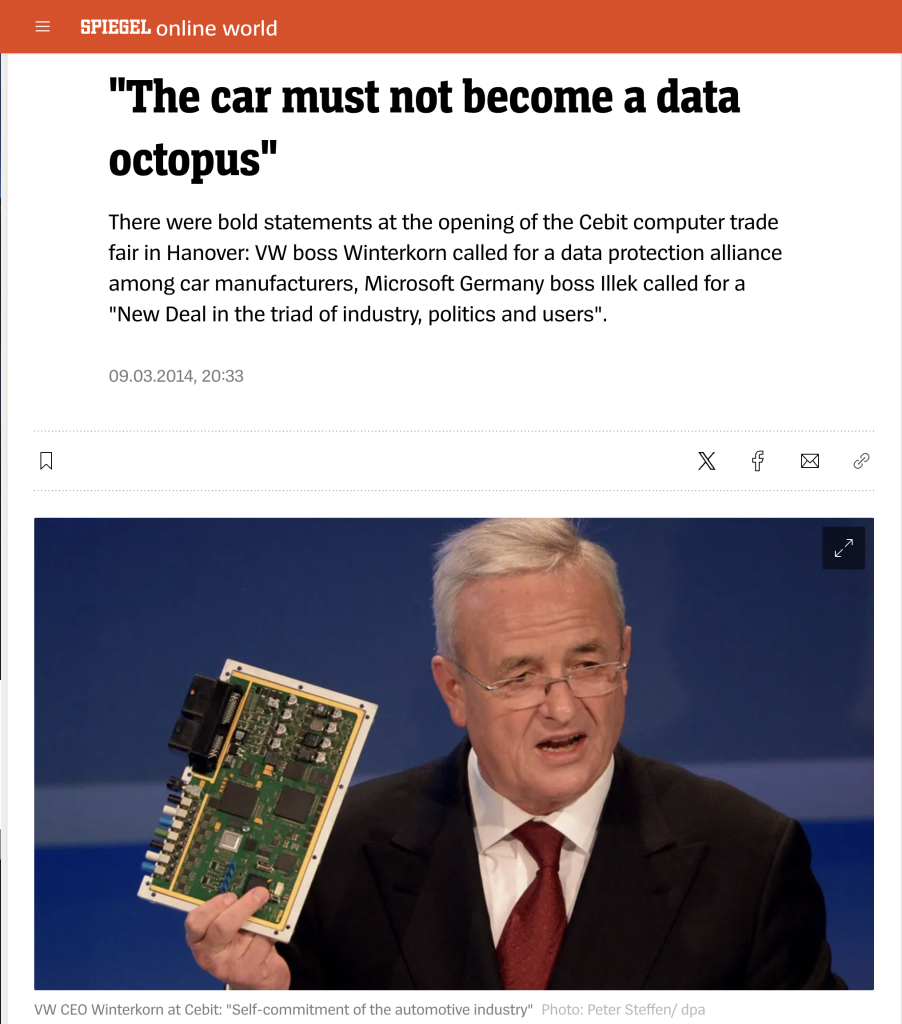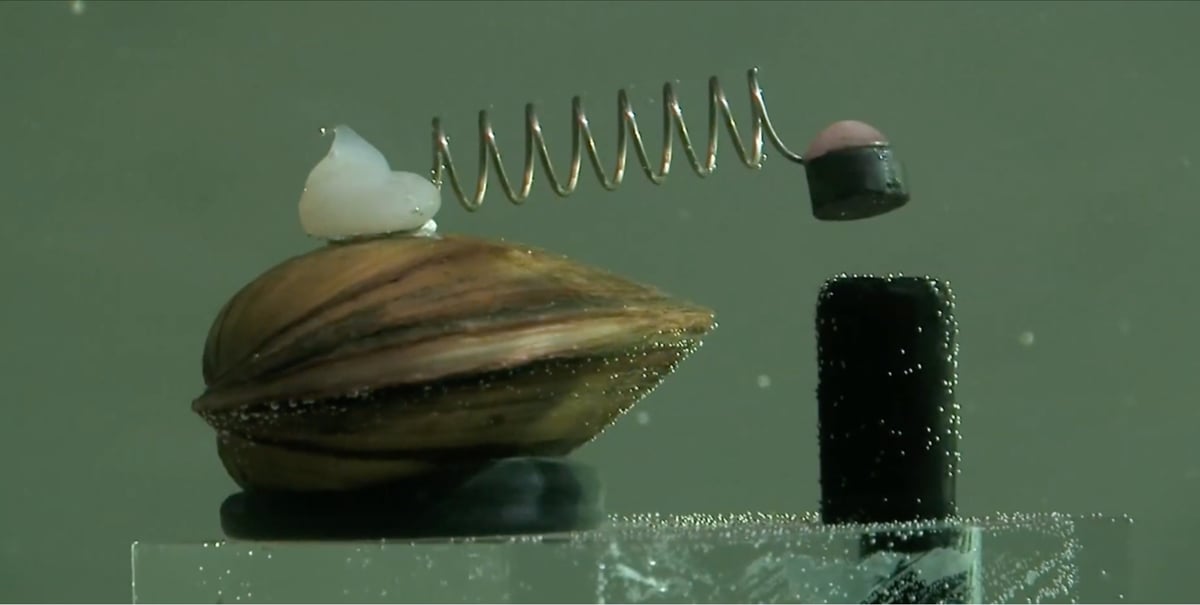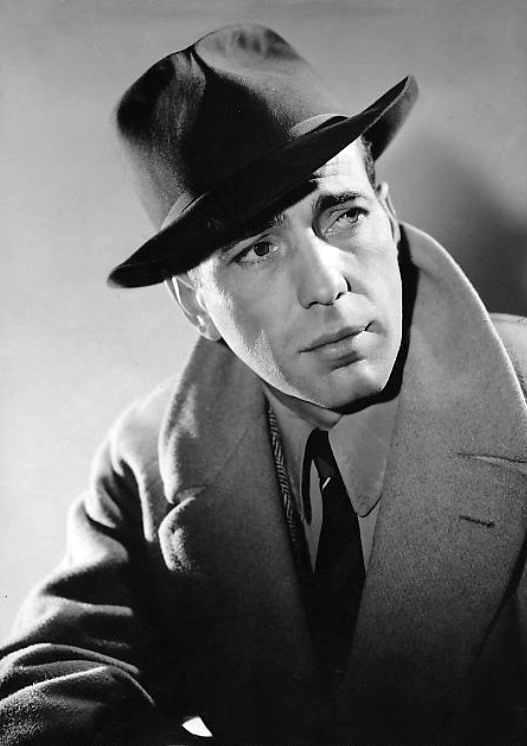Charles Dickens wrote what has become one of the iconic stories of Christmas day and Christmas spirit in A Christmas Carol. But of course, the experiences of Ebenezer Scrooge are a story, not a piece of reporting. Here’s a piece by Dickens written for the weekly journal Household Words that he edited from 1850 to 1859. It’s from the issue of January 26, 1856, with his first-person reporting on “A Nightly Scene in London.” Poverty in high-income countries is no longer as ghastly as in Victorian England, but for those who take the time to see it in our own time and place, surely it is ghastly enough. Thus, I repeat this post each year on Christmas Day.
Economists might also wince just a bit at how Dickens describes the reaction of some economists to poverty, those who Dickens calls “the unreasonable disciples of a reasonable school.” In the following passage, Dickens writes: “I know that the unreasonable disciples of a reasonable school, demented disciples who push arithmetic and political economy beyond all bounds of sense (not to speak of such a weakness as humanity), and hold them to be all-sufficient for every case, can easily prove that such things ought to be, and that no man has any business to mind them. Without disparaging those indispensable sciences in their sanity, I utterly renounce and abominate them in their insanity …”
Here’s a fuller passage from Dickens:
A NIGHTLY SCENE IN LONDON
On the fifth of last November, I, the Conductor of this journal, accompanied by a friend well-known to the public, accidentally strayed into Whitechapel. It was a miserable evening; very dark, very muddy, and raining hard.
There are many woful sights in that part of London, and it has been well-known to me in most of its aspects for many years. We had forgotten the mud and rain in slowly walking along and looking about us, when we found ourselves, at eight o’clock, before the Workhouse.
Crouched against the wall of the Workhouse, in the dark street, on the muddy pavement-stones, with the rain raining upon them, were five bundles of rags. They were motionless, and had no resemblance to the human form. Five great beehives, covered with rags— five dead bodies taken out of graves, tied neck and heels, and covered with rags— would have looked like those five bundles upon which the rain rained down in the public street.
“What is this! ” said my companion. “What is this!”
“Some miserable people shut out of the Casual Ward, I think,” said I.
We had stopped before the five ragged mounds, and were quite rooted to the spot by their horrible appearance. Five awful Sphinxes by the wayside, crying to every passer-by, ” Stop and guess! What is to be the end of a state of society that leaves us here!”
As we stood looking at them, a decent working-man, having the appearance of a stone-mason, touched me on the shoulder.
“This is an awful sight, sir,” said he, “in a Christian country!”
“GOD knows it is, my friend,” said I.
“I have often seen it much worse than this, as I have been going home from my work. I have counted fifteen, twenty, five-and-twenty, many a time. It’s a shocking thing to see.”
“A shocking thing, indeed,” said I and my companion together. The man lingered near
us a little while, wished us good-night, and went on.
We should have felt it brutal in us who had a better chance of being heard than the working-man, to leave the thing as it was, so we knocked at the Workhouse Gate. I undertook to be spokesman. The moment the gate was opened by an old pauper, I went in, followed close by my companion. I lost no
time in passing the old porter, for I saw in his watery eye a disposition to shut us out.
“Be so good as to give that card to the master of the Workhouse, and say I shall be glad to speak to him for a moment.”
We were in a kind of covered gateway, and the old porter went across it with the card. Before he had got to a door on our left, a man in a cloak and hat bounced out of it very sharply, as if he were in the nightly habit of being bullied and of returning the compliment.
“Now, gentlemen,” said he in a loud voice, “what do you want here?”
“First,” said I, ” will you do me the favor to look at that card in your hand. Perhaps you may know my name.”
“Yes,” says he, looking at it. ” I know this name.”
“Good. I only want to ask you a plain question in a civil manner, and there is not the least occasion for either of us to be angry. It would be very foolish in me to blame you, and I don’t blame you. I may find fault with the system you administer, but pray understand that I know you are here to do a duty pointed out to you, and that I have no doubt you do it. Now, I hope you won’t object to tell me what I want to know.”
“No,” said he, quite mollified, and very reasonable, ” not at all. What is it?”
“Do you know that there are five wretched creatures outside?”
“I haven’t seen them, but I dare say there are.”
“Do you doubt that there are?”
“No, not at all. There might be many more.”
”Are they men? Or women?”
“Women, I suppose. Very likely one or two of them were there last night, and the night before last.”
“There all night, do you mean?”
“Very likely.”
My companion and I looked at one another, and the master of the Workhouse added quickly, “Why, Lord bless my soul, what am I to do? What can I do ? The place is full. The place is always full—every night. I must give the preference to women with children, mustn’t I? You wouldn’t have me not do that?”
“Surely not,” said I. “It is a very humane principle, and quite right; and I am glad to hear of it. Don’t forget that I don’t blame you.”
“Well!” said he. And subdued himself again. …
“Just so. I wanted to know no more. You have answered my question civilly and readily, and I am much obliged to you. I have nothing to say against you, but quite the contrary. Good night!”
“Good night, gentlemen!” And out we came again.
We went to the ragged bundle nearest to the Workhouse-door, and I touched it. No movement replying, I gently shook it. The rags began to be slowly stirred within, and by little and little a head was unshrouded. The head of a young woman of three or four and twenty, as I should judge; gaunt with want, and foul with dirt; but not naturally ugly.
“Tell us,” said I, stooping down. “Why are you lying here?”
“Because I can’t get into the Workhouse.”
She spoke in a faint dull way, and had no curiosity or interest left. She looked dreamily at the black sky and the falling rain, but never looked at me or my companion.
“Were you here last night?”
“Yes, All last night. And the night afore too.”
“Do you know any of these others?”
“I know her next but one. She was here last night, and she told me she come out of Essex. I don’t know no more of her.”
“You were here all last night, but you have not been here all day?”
“No. Not all day.”
“Where have you been all day?”
“About the streets.”
”What have you had to eat?”
“Nothing.”
“Come!” said I. “Think a little. You are tired and have been asleep, and don’t quite consider what you are saying to us. You have had something to eat to-day. Come! Think of it!”
“No I haven’t. Nothing but such bits as I could pick up about the market. Why, look at me!”
She bared her neck, and I covered it up again.
“If you had a shilling to get some supper and a lodging, should you know where to get it?”
“Yes. I could do that.”
“For GOD’S sake get it then!”
I put the money into her hand, and she feebly rose up and went away. She never thanked me, never looked at me— melted away into the miserable night, in the strangest manner I ever saw. I have seen many strange things, but not one that has left a deeper impression on my memory than the dull impassive way in which that worn-out heap of misery took that piece of money, and was lost.
One by one I spoke to all the five. In every one, interest and curiosity were as extinct as in the first. They were all dull and languid. No one made any sort of profession or complaint; no one cared to look at me; no one thanked me. When I came to the third, I suppose she saw that my companion and I glanced, with a new horror upon us, at the two last, who had dropped against each other in their sleep, and were lying like broken images. She said, she believed they were young sisters. These were the only words that were originated among the five.
And now let me close this terrible account with a redeeming and beautiful trait of the poorest of the poor. When we came out of the Workhouse, we had gone across the road to a public house, finding ourselves without silver, to get change for a sovereign. I held the money in my hand while I was speaking to the five apparitions. Our being so engaged, attracted the attention of many people of the very poor sort usual to that place; as we leaned over the mounds of rags, they eagerly leaned over us to see and hear; what I had in my hand, and what I said, and what I did, must have been plain to nearly all the concourse. When the last of the five had got up and faded away, the spectators opened to let us pass; and not one of them, by word, or look, or gesture, begged of us.
Many of the observant faces were quick enough to know that it would have been a relief to us to have got rid of the rest of the money with any hope of doing good with it. But, there was a feeling among them all, that their necessities were not to be placed by the side of such a spectacle; and they opened a way for us in profound silence, and let us go.
My companion wrote to me, next day, that the five ragged bundles had been upon his bed all night. I debated how to add our testimony to that of many other persons who from time to time are impelled to write to the newspapers, by having come upon some shameful and shocking sight of this description. I resolved to write in these pages an exact account of what we had seen, but to wait until after Christmas, in order that there might be no heat or haste. I know that the unreasonable disciples of a reasonable school, demented disciples who push arithmetic and political economy beyond all bounds of sense (not to speak of such a weakness as humanity), and hold them to be all-sufficient for every case, can easily prove that such things ought to be, and that no man has any business to mind them. Without disparaging those indispensable sciences in their sanity, I utterly renounce and abominate them in their insanity; and I address people with a respect for the spirit of the New Testament, who do mind such things, and who think them infamous in our streets.
The post Charles Dickens on Seeing Poverty first appeared on Conversable Economist.


 conference”), which was about to happen in Detroit. The post created a stir. Everybody I talked to about it at the time was enthused about what I recommended: integrating broadcast signals with the Net, giving collected data to car owners first, switching to the European RDS standard (which would relieve drivers of needing to retune to other signals just to stay with one station), among other ideas.
conference”), which was about to happen in Detroit. The post created a stir. Everybody I talked to about it at the time was enthused about what I recommended: integrating broadcast signals with the Net, giving collected data to car owners first, switching to the European RDS standard (which would relieve drivers of needing to retune to other signals just to stay with one station), among other ideas.



